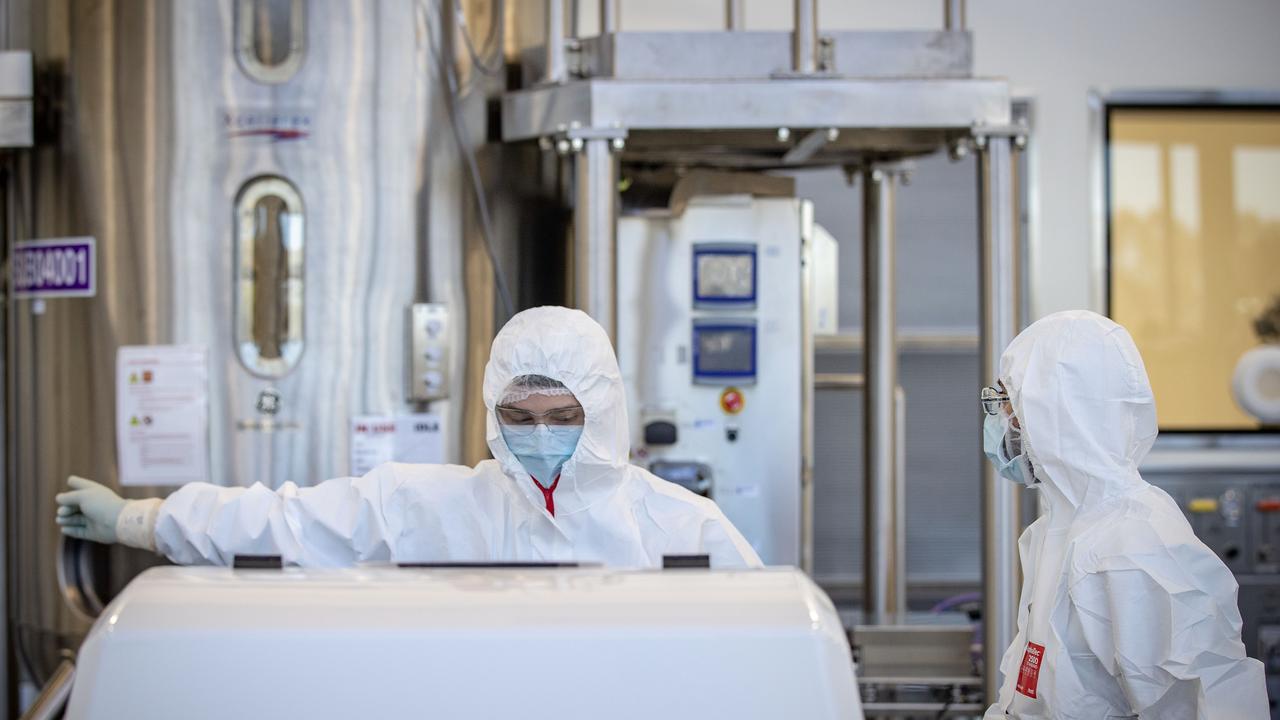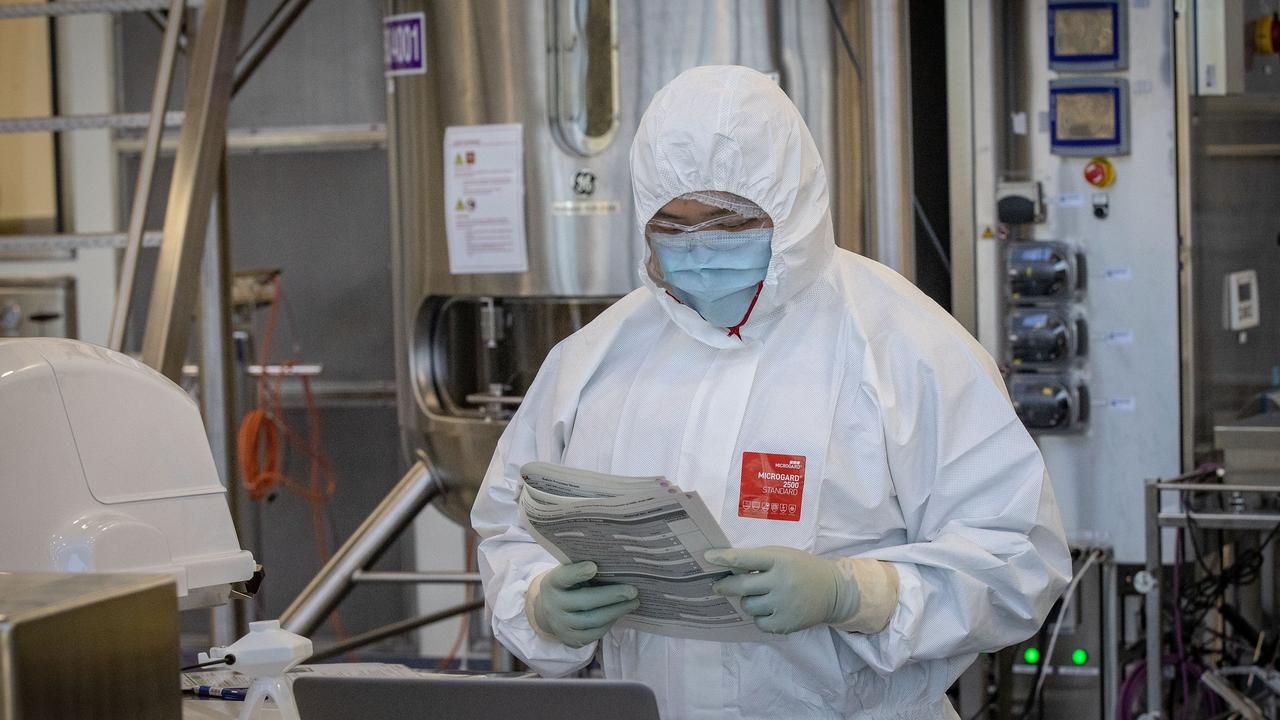Oxford-AstraZeneca vaccine shows promising signs in the elderly
One of the most hopeful potential COVID-19 vaccines has shown promising results after Australia secured millions of doses.
As the race to make a COVID-19 vaccine safe and commercially available gathers steam, new research has revealed Oxford University and AstraZeneca’s potential jab produced promising results in older adults.
Full trial results are expected by Christmas but late-stage human trials have shown it develops antibody and t-cell responses in elderly patients.
The latest data, made available on Thursday, revealed patients older than 70 – who have a higher risk of becoming severely ill or dying from COVID-19 – could build “robust immunity” to the deadly disease.

Dr Maheshi Ramasamy, investigator at the Oxford Vaccine Group, said the study has shown promising results.
“Older adults are a priority group for COVID-19 vaccination because they are at increased risk of severe disease, but we know they tend to have poorer vaccine responses,” he said.
“We were pleased to see that our vaccine was not only well tolerated in older adults, it also stimulated similar immune responses to those seen in younger volunteers.
“The next step will be to see if this translates into protection from the disease itself.”
Late stage trials are ongoing and will focus on whether the vaccine protects against COVID-19 in a broad range of people, including those with underlying health conditions.
However, the Oxford Vaccine Group’s director Andrew Pollard said it was still too early to tell how well the vaccine works in actually preventing COVID-19.
“We haven't quite got to that point yet. We’re obviously not going to rush that,” he told BBC radio, but noted scientists were “getting close”.
Rivals have also been forging ahead with their trials.
This week American pharmaceutical company Pfizer revealed interim results which it said suggest its COVID-19 vaccine is 95 per cent effective.

Moderna made the same claim, suggesting it was 95 per cent effective during interim trials, after participants received either a placebo or the vaccine.
Australia has so far secured 33.8 million doses of the Oxford-AstraZeneca vaccine if trails prove successful and Scott Morrison has pledged to make it free for all Australians.
The government has also signed a deal to have the vaccine produced in Melbourne.
It also locked in 51 million doses of a potential vaccine being developed by the University of Queensland and CSL.
Manufacturing started earlier this month and each Australian would require two doses if approved.



